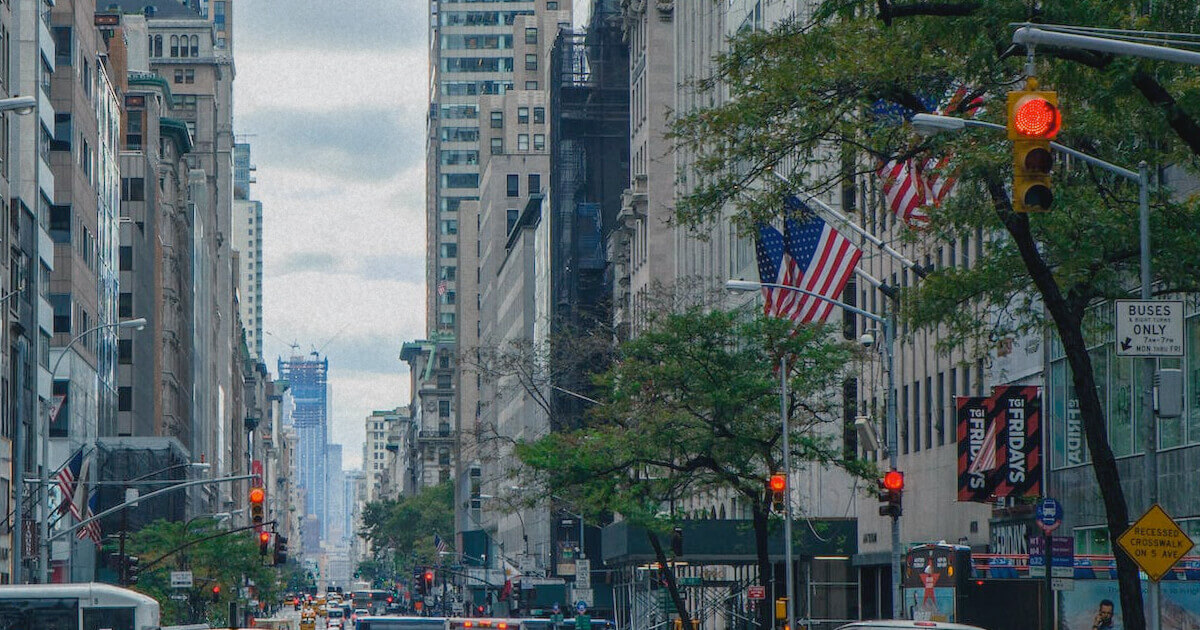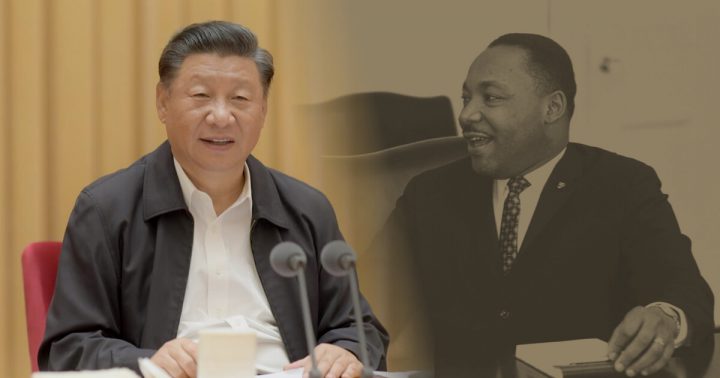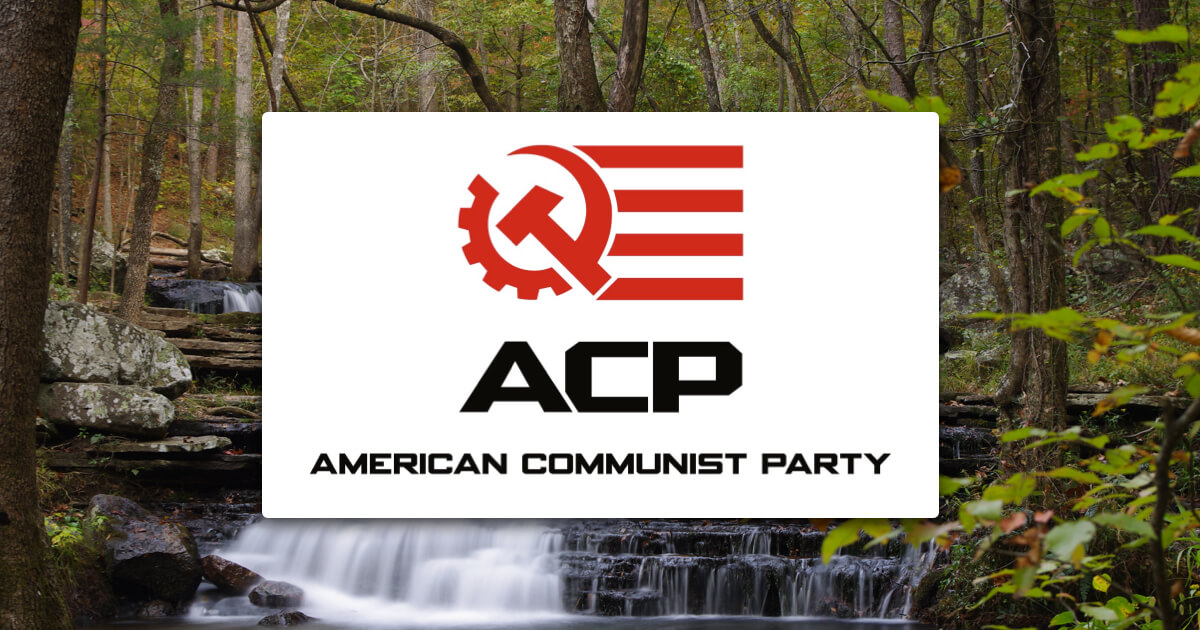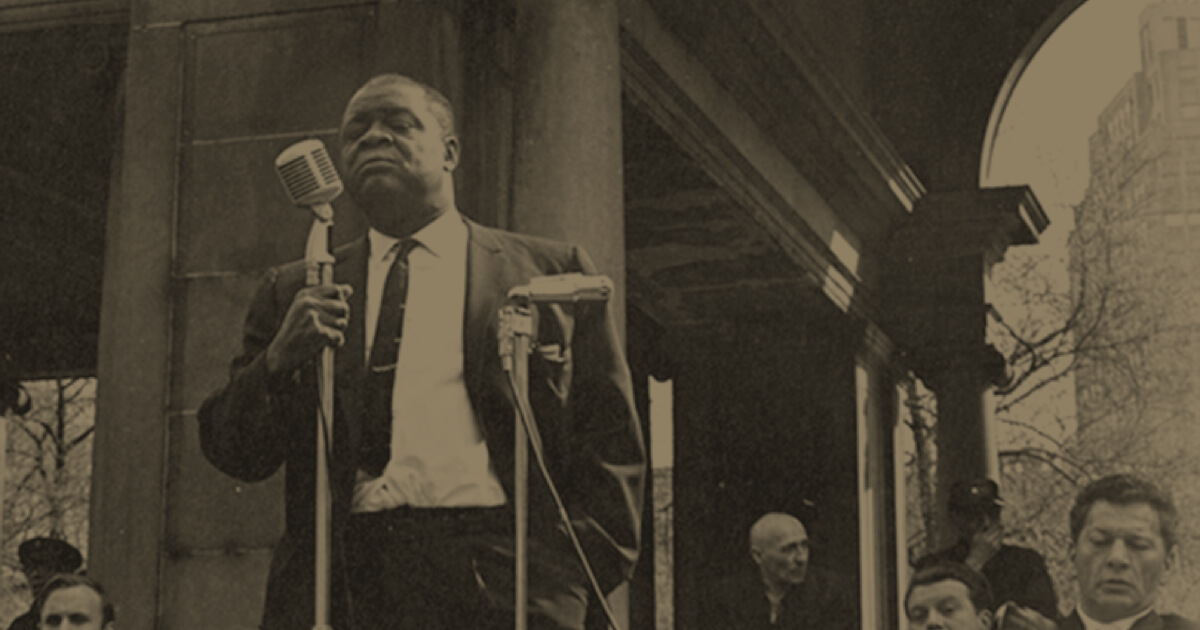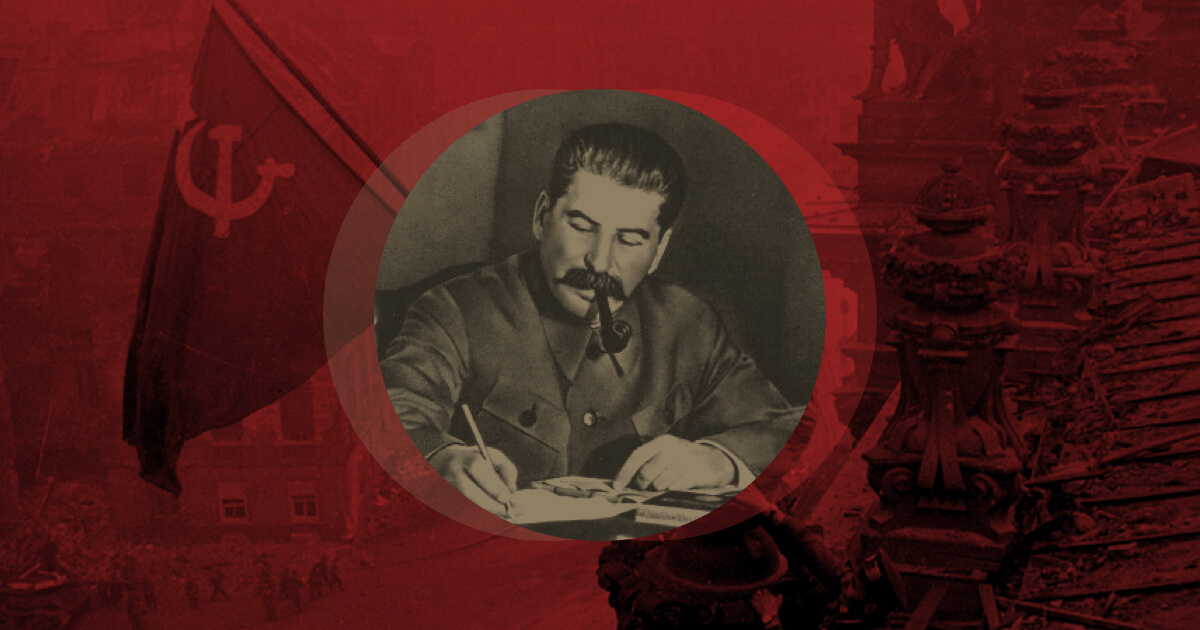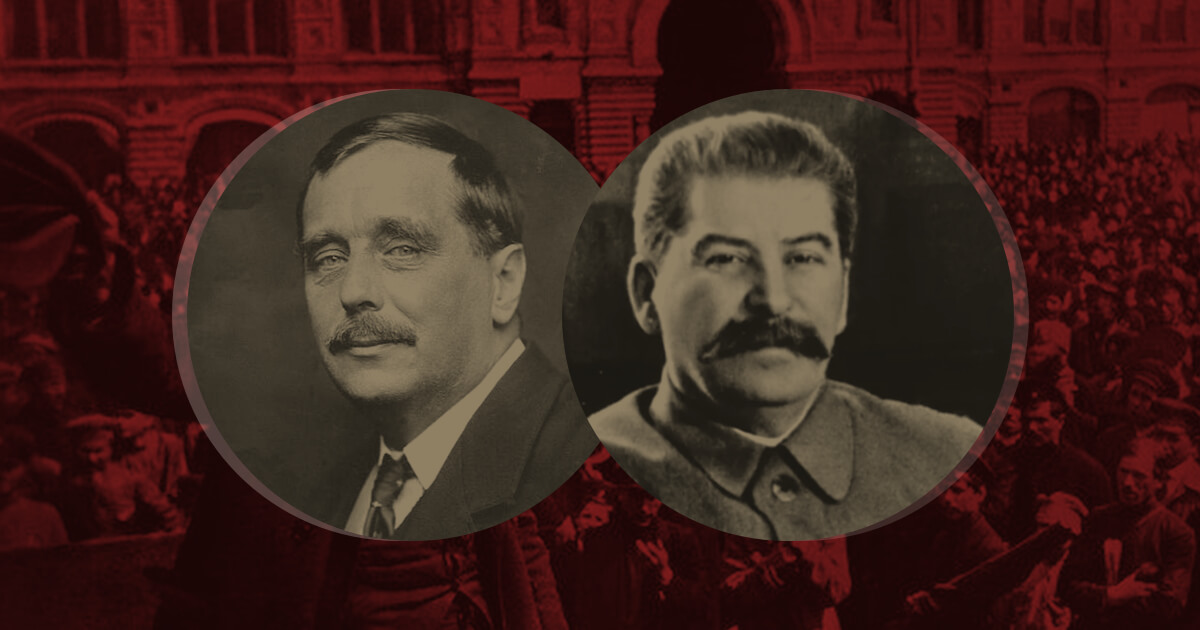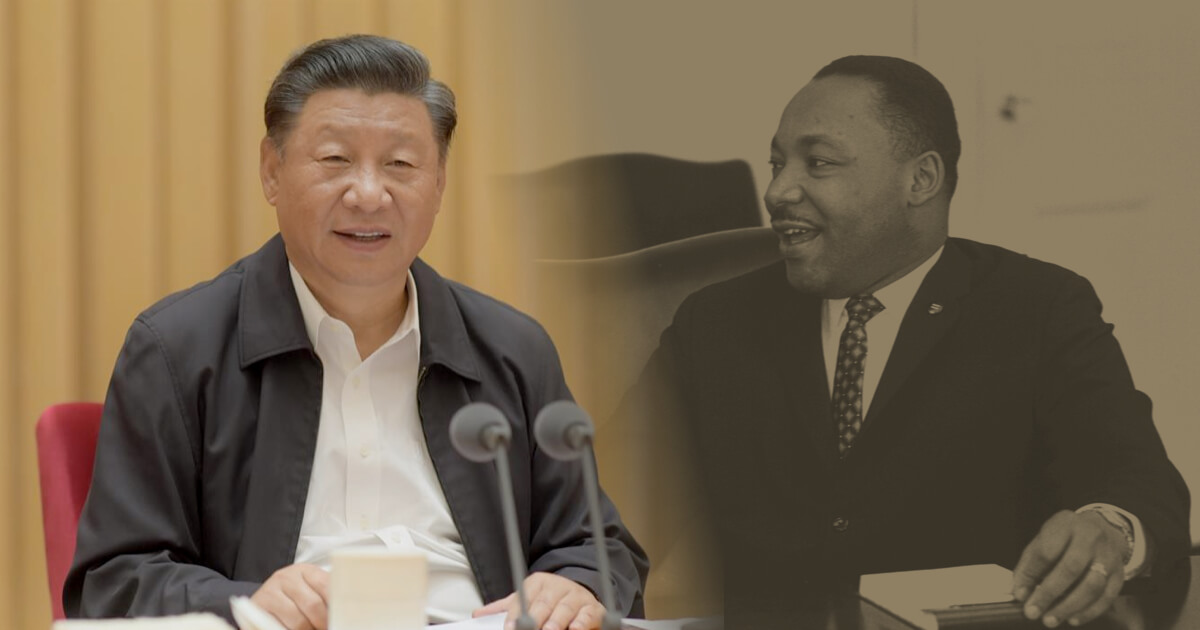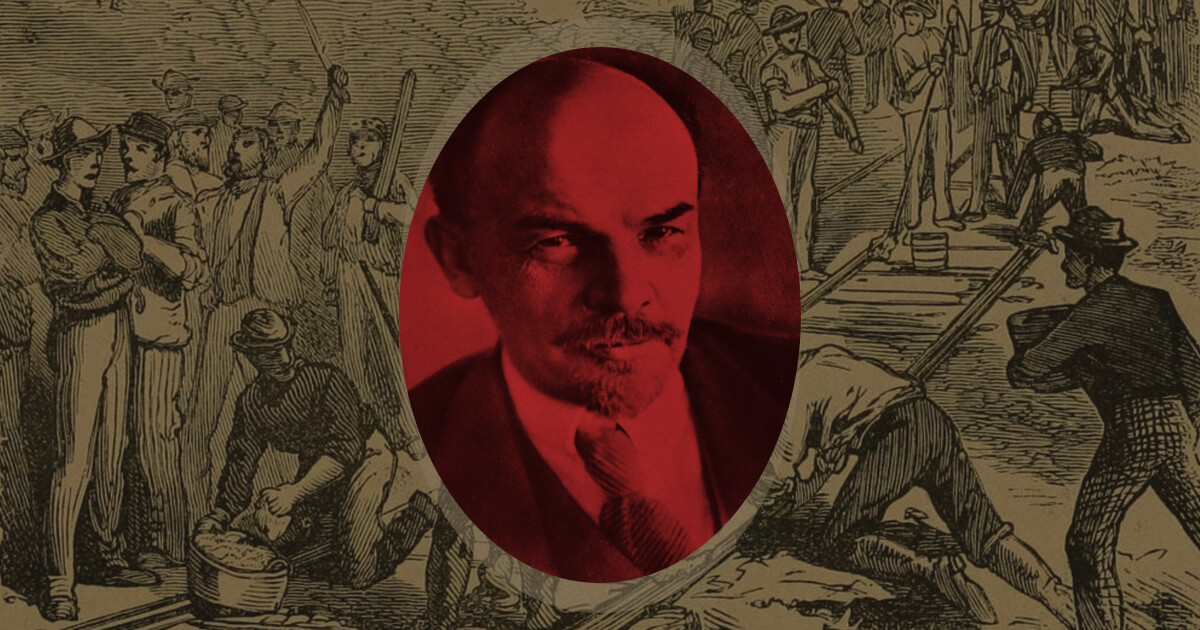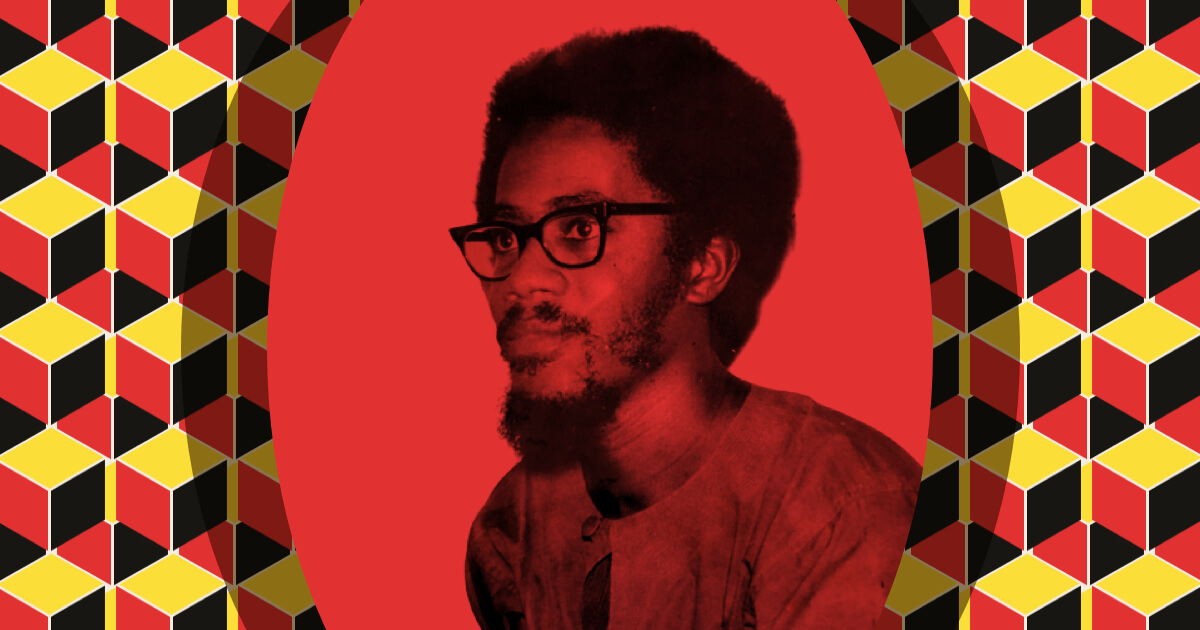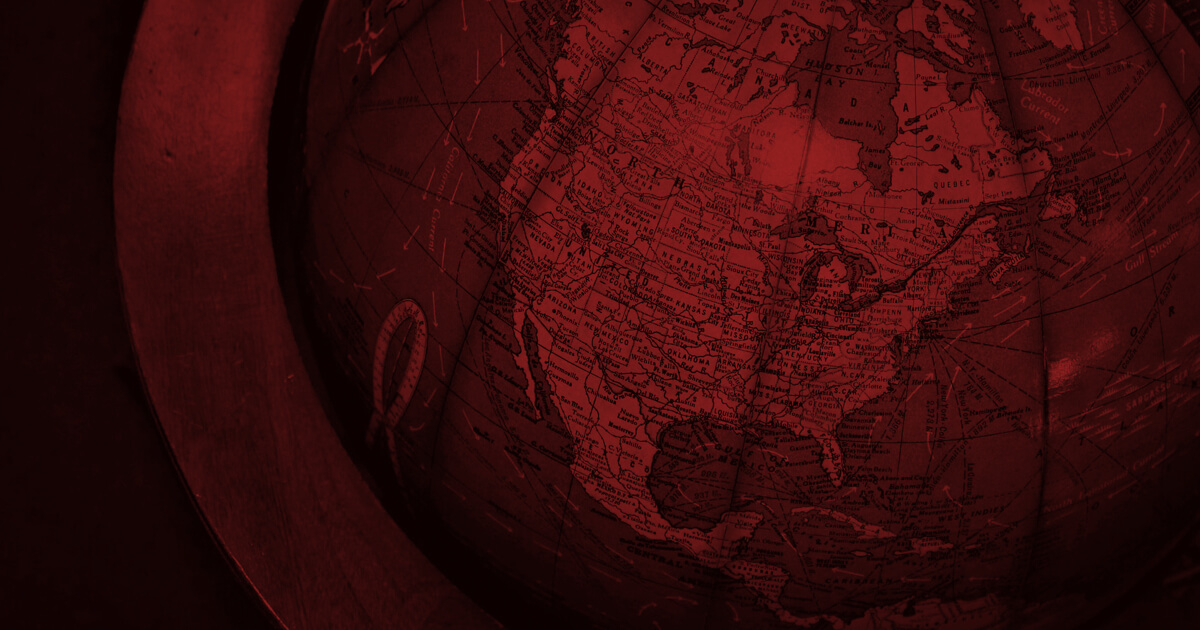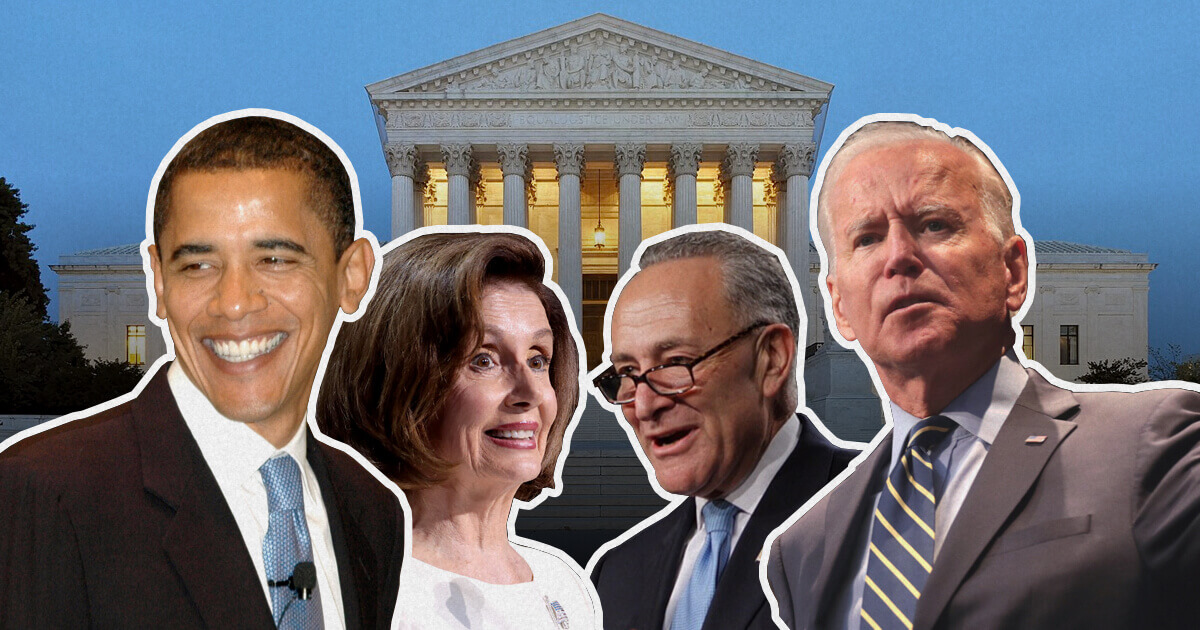In 1988, Wang Huning – one of the top leaders of the Chinese Communist Party – spent six months touring over thirty cities and twenty universities discussing the United States with a variety of Americans and foreigners. What follows is his experience encountering a “leftist radical organization:”
Passing through the city center, there was a girl who had a book stall in a busy place. Not many people patronized it. I happened to be walking by and took a look at the books she was selling and was intrigued. The books on the stall included The Communist Manifesto, a collection of Castro’s speeches, and a collection of Trotsky’s speeches.
It was easy to see that she belonged to a leftist radical organization. It is said that there are hundreds of such small organizations or micro-organizations in the United States. They are active, but have little political influence, and most of the population does not care about them.
The girl was also selling their organization’s newspaper, The Militant, with the following headline: A weekly socialist news magazine published for the benefit of the workers. The Militant was a 16-page newspaper, like the Shanghai newspaper Xinmin Evening News, and sold for one dollar a copy, which was more expensive than the average newspaper.
Browsing through The Militant, one can see a bit of interesting and thought-provoking news.
The largest amount of space was devoted to the defense of a man named Mark Curtis. This man was an active member of the organization and was accused of sexual assault. The story is that on March 4, 1988, the girl who identified him, Morris, was at home watching television when, after about 8 p.m., someone called for her parents and she said they were not home. Ten minutes later there was a knock on the door and when she opened it, the man sexually assaulted her and beat her. The Militant published the activities of Curtis that night to prove that Curtis did not have time for this, and the newspaper called for public solidarity with Curtis.
Also in the news: criticism of Prime Minister Thatcher for expelling the Cuban Ambassador to the UK and the Third Secretary of the Cuban Embassy. Oscar Fernandez Mell, the Cuban ambassador to Britain, was one of the founders of the Cuban Communist Party, was elected to the first Central Committee of the Cuban Communist Party, and had assisted Zaire’s anti-imperialist struggle together with Che Guevara. The girl who sold newspapers once said that Cuba was the only socialist country left in the world, I’m afraid. There was a large report on political movements in Burma. One reported on a rally of 250 people in Zimbabwe to discuss Che Guevara and the Cuban revolution and an article on the experience of the Pennsylvania miners’ strike.
An article worth mentioning, so that one can probably grasp the basic idea of this radical organization, is titled “One Caribbean, One Destiny” and is about a conference held in New York. The subject of the conference was the prospects of the anti-imperialist struggle. The conference was organized by the Caribbean Unity Coalition. This organization consisted of 38 political organizations from 23 countries.
The main speaker was the press secretary of the former Prime Minister of Grenada. His statement is worth reading. He said: “What we are going to discuss is the use of our coalition against theirs. Our coalition, meaning the coalition of workers, farmers, fishermen, young people, students, people who are suffering. Their coalition refers to people with power, privilege, capital, and wealth.”
In today’s world, there are still many who speak such words. Many participants condemned the U.S. intervention in Cuba and Nicaragua, saying it was aggression and a major obstacle to human beings getting housing, education, bread and other basic necessities of life.
More interestingly, the newspapers also carried notices of this party, the Socialist Workers Party, running in the 1988 presidential election. The presidential candidate was Warren, the vice presidential candidate was Mickells, and there was a campaign committee. Such a candidate would naturally not get much traction and would probably be completely downed out in the noisy campaign of Bush and Dukakis.
The newspaper The Militant called for popular subscriptions, advertising that The Militant tells the truth and reports the facts and the truth about the war waged by the United States against the peoples of the world, and that if the truth were obtained only by major mass communication, we would be ignorant of the war waged by the United States against the peoples of El Salvador, Guatemala and Nicaragua.
As you can see from the above reports, this is a radical group, and there are countless such radical groups in the US and other Western societies, but most of them have little impact. Some of the issues that these organizations talk about are true, and some of their ideas are not unhelpful to social progress. The status of these self-proclaimed socialist organizations is particularly low in the United States.
I am afraid that these phenomena cannot be seen in the context of the programs and activities of these organizations, but in fact reflect the relationship between the two major ideologies in the world today. Since the post-war socialist countries have encountered twists and turns of one kind or another, their economic development has lagged far behind that of the capitalist countries, so their overall appeal is not sufficient. The economic development of the capitalist countries, on the other hand, has produced an overwhelming appeal.
Generally speaking, the public does not judge the merits of society from the point of view of institutions, structures, ideas, spirituality, human nature, etc., but from their own daily life, or from the gut, not from the brain. Because of the huge gap in economic and social development, organizations and ideas that advocate reforming the capitalist system will have no great impact in Western society.
Therefore, American society also leaves them to their own devices. If one day the economic level between the East and the West is reversed, I am afraid that they will have to be regulated. In fact, we won’t have develop beyond them, just pull even, and the ideological battle may rise again. A friend says that this is a good point, and that with a few more serious recessions, there will be a market for radicals.
Excerpt from America Against America. Photo credit: City Street via Pexels.
